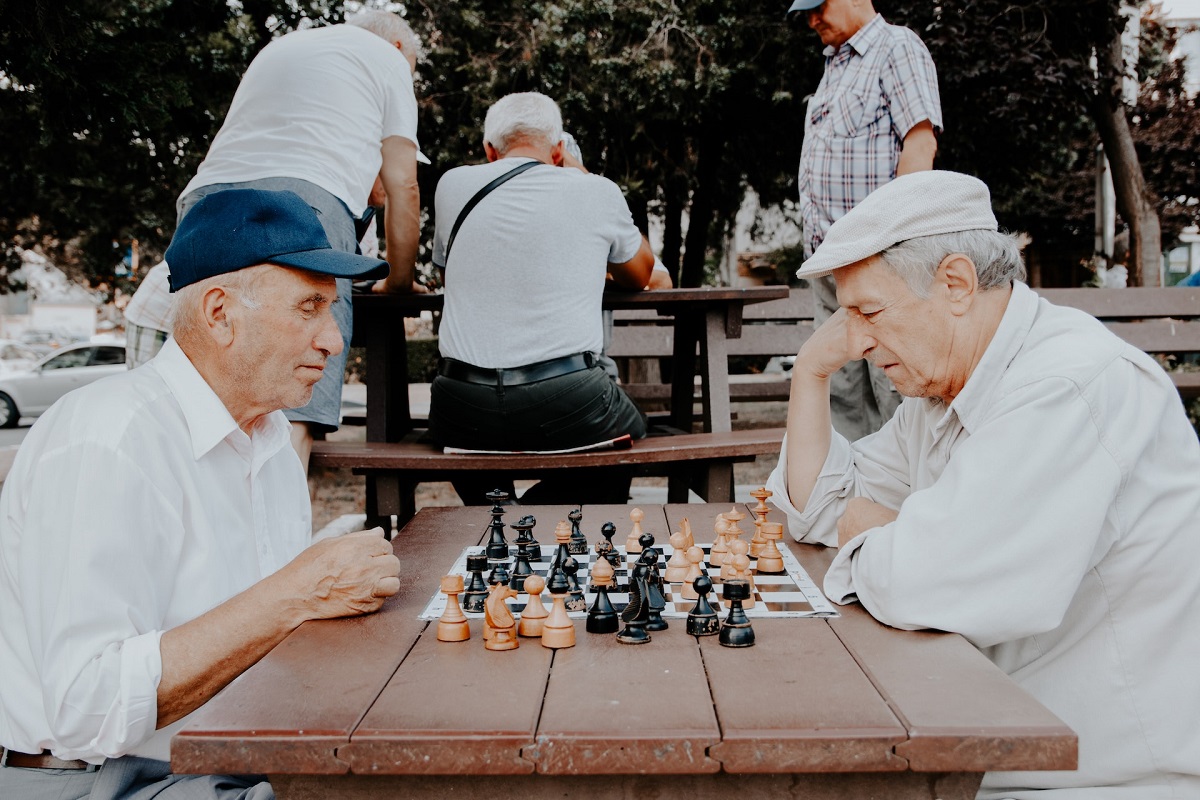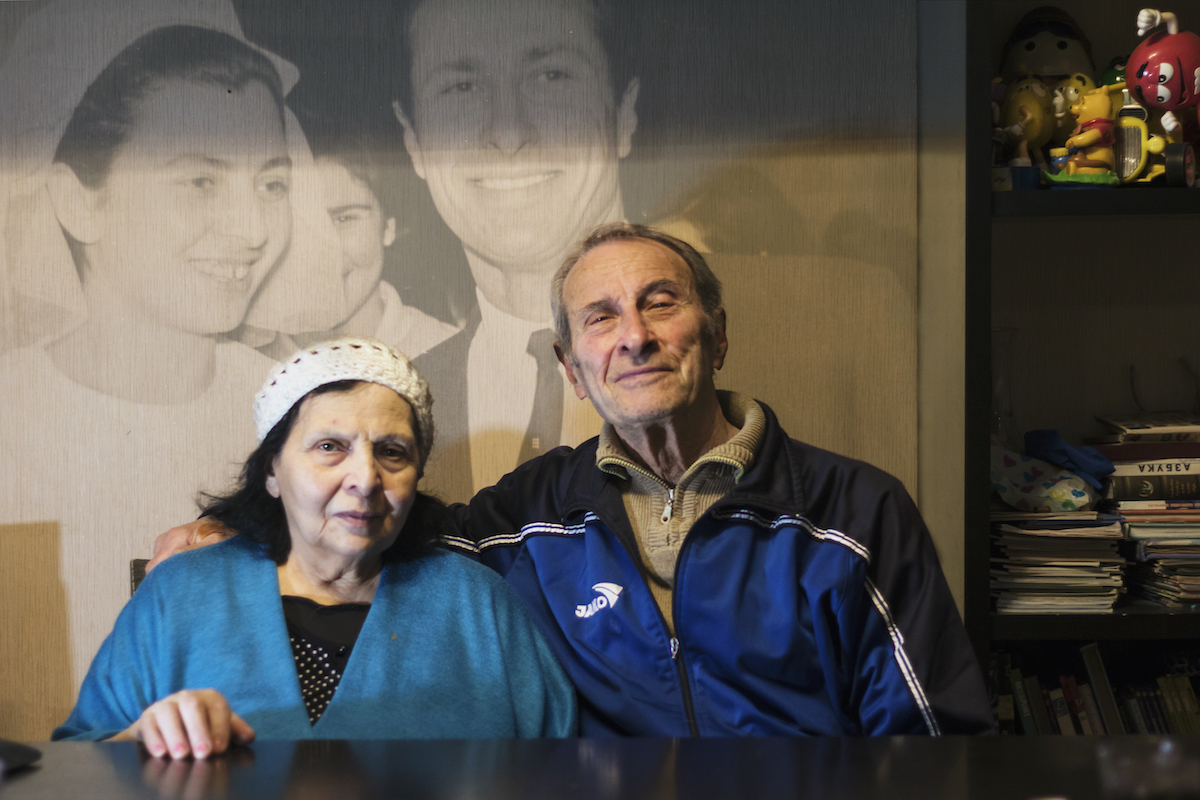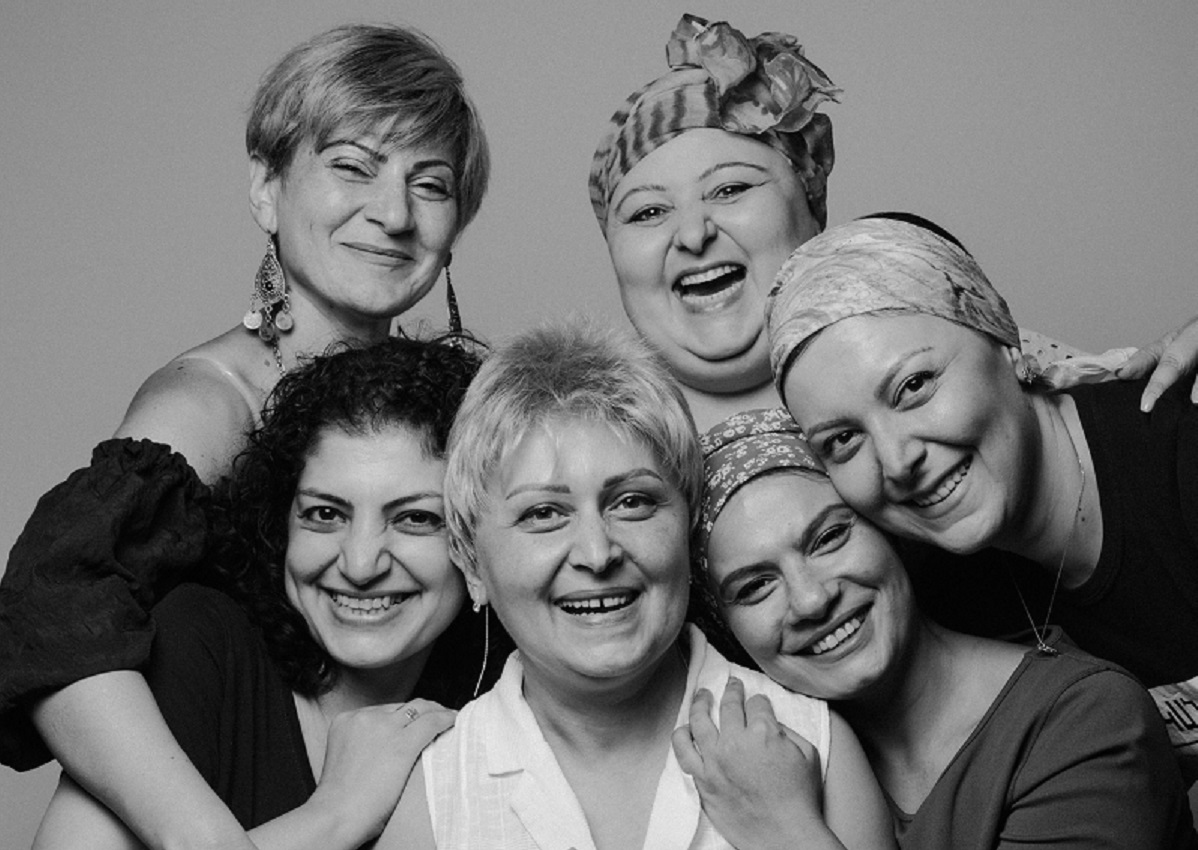Discrimination against LGBT people in Armenia – in violation of the Hippocratic Oath
Discrimination against LGBT people
There is no exact data on how many members of the LGBT community are subjected to discrimination or violence in medical institutions in Armenia every year. Such a study has never been conducted in the country. The only source of such information is public organizations dealing with community problems, to which people are ready to entrust their problems. But they do not have a complete picture of the situation. Few people report experiencing violence or discrimination because of their sexual orientation or gender identity.
- The story of a same-sex couple in Armenia: happy, but misunderstood by many
- Homosexuality in Turkey: Minister of Religious Affairs v. lawyers
- Inaccurate mental disorder diagnoses and other problems LGBTI+ faces in Azerbaijan
- Living surrounded by hate. LGBT individuals and their parents in Georgia
“Don’t anesthetize, let him be patient”
23-year-old Artak has never hidden the fact that he is gay. He believes that this was also facilitated by the fact that at the age of 13, after the divorce of his parents, he and his mother moved to live in France.
“I think if I stayed in Armenia, I would either have to hide my orientation and marry some woman, like many others, making both her and myself unhappy, or resist my identity in every possible way, driving myself crazy. It was hard for my mother, but she accepted reality, and now she is my support and support,” Artak says.
Three years ago, during a regular visit to Armenia, he ended up in an operating room. The sharp pain in his stomach subsided from time to time, resembling food poisoning. Artak decided to call an ambulance only at dawn, when he was already suffocating from pain. The ambulance doctor diagnosed acute appendicitis and he was transported to the hospital.
“I went to the hospital alone. At that moment, I didn’t even think that I could call someone I knew. Only hours later I called my aunt. At first everything was more or less bearable. Conducted the necessary research. At that time I did not know that they would also take an HIV/AIDS test, and I asked for it myself. The surprised nurse asked why I was so worried. I replied that I was at risk. Half an hour later, everyone knew that I was homosexual.”
“The last thing I remember is how the doctor looked at me and said: “Such scum should die, I didn’t study for 20 years to treat them.” When I woke up after anesthesia, I was transferred to the ward, and after a few hours I began to experience excruciating pain. I tried to call for help, but no one heard me.
After a while, the same doctor came to examine me. Everything was normal. While he was examining me, he did not say a word, he asked questions to the nurse, and she answered as if I had not been there at all. When he was leaving the room, the nurse said that I was in pain and I wanted painkillers. The doctor answered very rudely: “Don’t anesthetize, let him be patient, suffer like this,” Artak says.
The first night he spent without painkillers, then asked his aunt to buy him medicine. She decided to consult a doctor about which medicines to buy. Artak suggests that it was during this conversation that the doctor talked about his sexual orientation.
“Not only was I writhing in pain for almost 2 days, but there were also discussions of my personal life. I remember half an hour later my aunt came into the ward and cried. I don’t know, out of shame or humiliation. She didn’t want to discuss anything with me. My experiences were not enough for these people, they made my aunt suffer too.”
After being discharged from the hospital, Artak thought about holding the doctor and medical staff accountable, but eventually abandoned the idea:
“At first I realized that the laws are imperfect, and I probably won’t be able to defend my rights. Then I thought of my family, that they would have to go through this nightmare again. And I realized that I should just try not to have anything to do with the Armenian systems.”
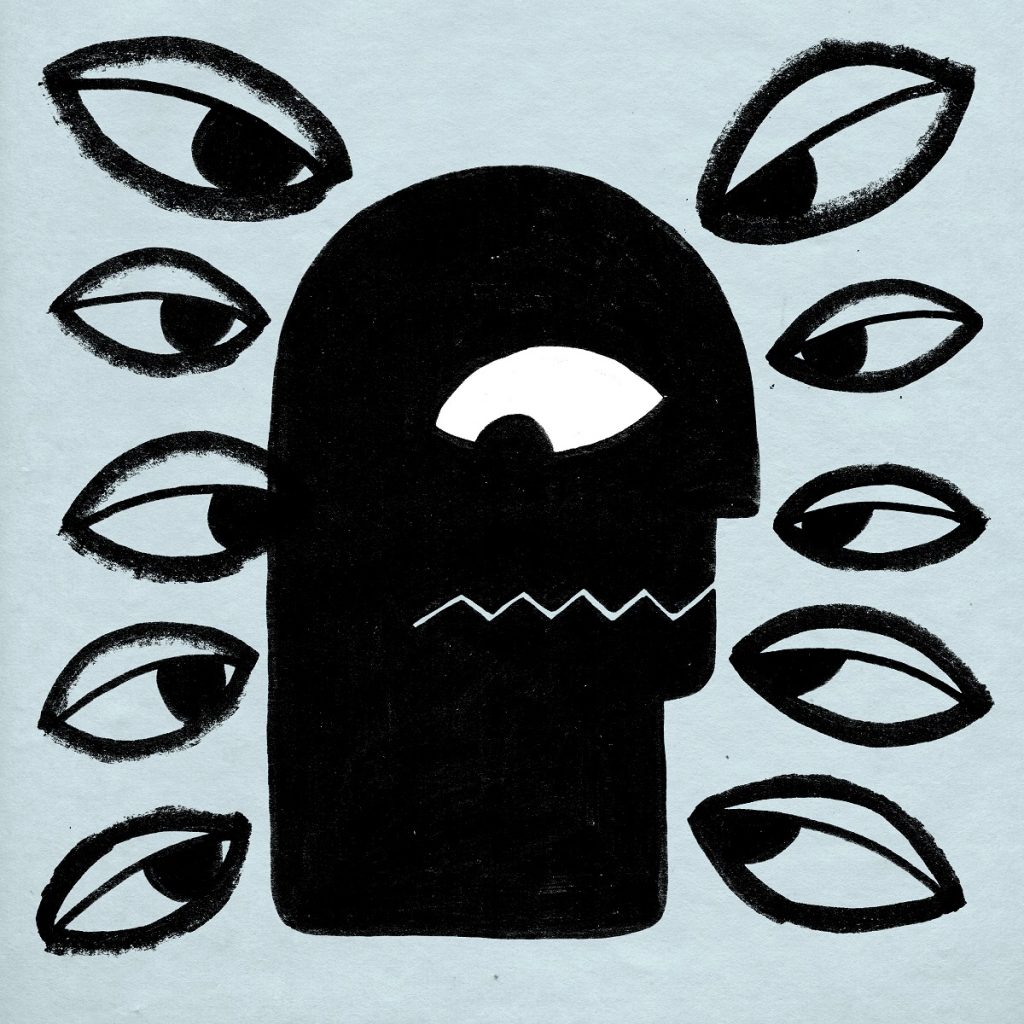
Quote from the Convention against Torture and Other Cruel, Inhuman or Degrading Treatment or Punishment
“The State Party should:
1) take the necessary legislative, administrative and other measures to guarantee the observance of the principle of autonomy and the physical and personal integrity of lesbian, gay, bisexual, transgender and intersex people and to prohibit the practice of so-called “transitional therapy”, as well as the use of other forms of violence against them, involuntary or otherwise coercive or inappropriate treatments;
2) provide training to medical professionals and government officials on the human rights of lesbian, gay, bisexual, transgender and intersex people, including their rights to autonomy and physical and psychological integrity;
3) Investigate violent, involuntary or otherwise coercive or improper treatment of lesbian, gay, bisexual, transgender and intersex persons and provide adequate redress and compensation in such cases.”
UN Committee Against Torture
“Who will be first?”
The head of the Law Development Center NGO, Violetta Zopunyan, has heard a lot about cases of discrimination or violence against LGBT people. But none of these incidents made it to court. The lawyer learns about them mainly from conversations with employees of organizations involved in the protection of the rights of the LGBT community, or from their reports.
“Unfortunately, people are skeptical about the ability to achieve justice or protect their rights. Therefore, they often refuse legal settlement in case of discrimination or violence against them. They see the failure of these attempts, regardless of the resources and time spent. Another reason for refusing to protect their rights is the fear of stigma,” she says.
Meanwhile, Zopunyan is confident that if people start talking about such cases, it will be easier to achieve systemic change.
“Strategic, systemic change starts with precedent. If people start talking about the importance of exercising their right, the impossibility of exercising it, if they understand that their case is not local or exceptional, then it will be possible to make changes that will exclude such cases for many other people.”
She explains that in the Law of the Republic of Armenia “On Medical Assistance and Services to the Population”, the LGBT community is not singled out in any way. This means that any case of discrimination or violence against them will be considered regardless of sexual orientation or gender identity.
“At the same time, it should be noted that the law provides for the exclusion of discrimination, which implies any kind of discrimination, including on the basis of sexual orientation or gender identity. The problem could be solved to a certain extent if Armenia had legislation on the prohibition of discrimination and ensuring equality, which could become an additional protection mechanism for people of this and other groups.”
Extract from the Special Report on Torture and Other Cruel, Inhuman or Degrading Treatment or Punishment:
“Lesbians, gays, bisexuals, transgenders and intersex people are often denied medical care. They are subjected to abusive treatment, public humiliation, psychiatric examinations, forced procedures such as sterilization, “conversion” therapy, hormone therapy, and genetically corrective surgeries called “reconstructive therapy.” This is almost never necessary and results in severe and lifelong physical and psychological pain and suffering and can amount to torture and inhuman treatment.”
United Nations Human Rights Council
“Try and you’ll understand”
“I was 21 years old, I was a grown man when I was raped, in a sense and with my consent,” Suren (not his real name) recalls, talking about his attempt to “correct”.
He says that the topic of sexuality or sexual orientation was never discussed at home, taking it for granted that “a boy should love a girl.” The lack of interest on his part in the girls in the family was first explained by other priorities, for example the desire to get an education, and then “clumsiness in such matters.”
“There was some pointless competition between me and my cousin. His attention and thoughts were focused on the girls, I was more withdrawn and unsociable, but I studied well. The fact that we were compared was tolerable before graduation, but with age it became simply disgusting,” he says.
Suren always knew that he was not interested in women, but even to himself he was afraid to admit that he liked men. Self-deception, sometimes self-hatred, grew into depression. His parents decided to take him to a psychologist.
“My parents, in their opinion, did me a good deed. We found one of the most famous psychologists, who was simply impossible to get to. We found mutual friends and agreed on an appointment. First, I was surprised that the psychologist began to ask me questions in the presence of my parents. I was terribly constrained, it was very unusual for me to discuss intimate issues, for example, did I ever have sex.”
The negative answer seemed to be a cause for hard feelings for both the parents and the psychologist. Suren recalls that he “began to discuss without hesitation” what mental health problems a lack of sexual activity could lead to.
“On my third or fourth visit, the psychologist began to put forward some stupid hypotheses, supposedly explaining why I avoid relationships with women. Then I decided to say that I like men. Hearing this, the psychologist simply laughed. I was surprised. He said that I follow the fashion, that I want to try the forbidden fruit, I am looking for pleasure. And all this in a derogatory tone. Then he said that he had to talk to my parents because he felt responsible to them.”
The psychologist’s meeting with his parents led to an unequivocal decision: Suren urgently needs to have sex with a woman. The position of the psychologist was clear: one cannot but like what one has not tried.
“When I said that I didn’t like this idea, the psychologist said: “I haven’t tried it, how do you know?” Then he said it was part of therapy. To be honest, I myself thought that maybe this is the right decision. Maybe I invented everything about myself,” Suren says.
A cousin came to the rescue. In the evening of the same day they were already at the hotel. He recalls that before going to a woman, his brother inspired him to “be a man, and his muscles were petrified with horror”:
“I was in a cold sweat, but I understood that there was nowhere to go. I still remember the smell of the skin of that woman, maybe not bad, but unpleasant for me, my headache, the veins that appeared on my temples. I convinced myself that this was the first time, everyone was afraid, I should have taken this step earlier. Then I thought: if instead of this woman there was a man, would I feel the same way? I don’t know how long it all lasted, but for almost two years after that I felt disgust and some kind of animal fear from any touch.”
Suren continued to see a psychologist for another two months. At the same time, he began to read, to study what was happening to him. He learned about the method of “corrective rape”, which, in fact, he agreed to, but which has no scientific basis. Then he came to the conclusion that the only way out for him was to lie. He began to convince the psychologist and his parents that he was no longer interested in men, at the same time he found young people with the same experience online, began to study German, and a year later entered a university in Germany.
“I just realized that my parents are not ready to accept me for who I am, that even a hint of my sexual orientation will send me back to the psychologist’s office. And I decided to run away. Now my parents are convinced that I live with my girlfriend. And she’s just my flatmate, a Spaniard who knows my history and supports me. Although sometimes it seems to me that my parents guess everything, but since I am far from their eyes and relatives, they manage to turn a blind eye to this.
I’m already 24 years old, but I still can’t get into a relationship. The fear of physical and sexual relationships has not yet passed. Now I go to a local psychologist with extensive experience working with people who have had a traumatic sexual experience. I have almost overcome the problem of reconciliation with myself, but fears still prevail,” Suren says, and adds that he is not going to return to Armenia.
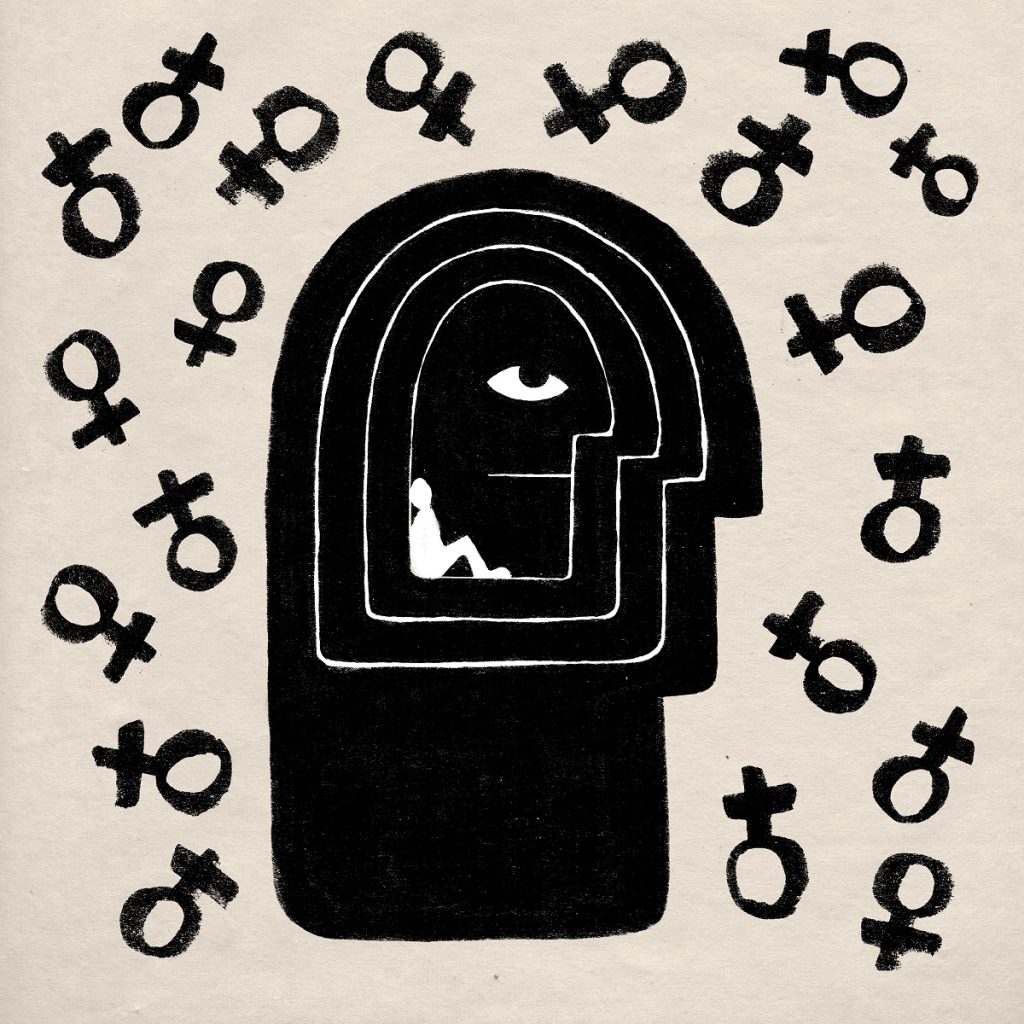
Quote from the annual report “Status of human rights of the LGBT community in Armenia in 2020”:
“Corrective rape is a conversion practice, defined as any act taken by others to change a person’s sexual orientation and/or gender identity from non-heterosexual to heterosexual.
As a rule, family members or relatives try to “correct” a person’s sexual orientation or gender identity. In 2020 alone, the human rights organization Pink recorded 17 cases of violence against LGBT people in the family. In two of these cases, family members also forced the victims to see a doctor or psychologist to change their sexual orientation or gender identity.”
“Are you one of those?”
25-year-old Armen still feels a sense of uneasiness as he passes by the Republican Hospital, where he was sent 4 years ago during his military conscription.
“At the age of 18, I received a 3-year deferment from the draft for the first time, because I have a deformity of the chest and, as a result, there is a problem with the volume of oxygen. A few years ago, this was reason enough not to serve in the army. Four years ago, when it was time to pass the medical examination again, the law “On military service” was amended. People with my problem were not released from service, but sent to military service – with restrictions. I understood that neither physically nor morally I could serve in the army, and the only way out was to tell about my sexual orientation. But I tried to delay this moment as much as possible.”
A young man in ripped jeans and dyed hair in the hospital was immediately noticed by many. Questioning the nurses, Armen found the doctor’s office, knocked on the door and introduced himself. The men sitting in the office first made Armen wait for hours in the corridor, then after another complaint they invited him to come in.
“All this time I saw how they looked at me and discussed something with each other. When, finally, they called me, they didn’t even look at my documents, they just listened to my lungs and came to the conclusion that everything was normal. Then they demanded that I leave the office. I understood that my life depended on it, and if I could not defend my rights now, then I would definitely regret it later.
I immediately went to the head of the department and told him what had happened. He called those doctors and asked why I was complaining. And two adult men, doctors, did not hesitate to say that I was lying, that they did not refuse to serve me, but asked me to come again tomorrow. My heart was torn from my chest from a feeling of helplessness, loneliness and resentment that I was called a liar. I yelled at the top of my lungs, but it didn’t matter because they were “right” and I was “wrong.”
The next day, the “complainant” was received as it should have been. They did all the research and revealed serious problems with his lungs. Armen went to the military commissariat with these medical documents, hoping that he would not have to talk about his sexual orientation. But in the military registration and enlistment office they looked through the papers, handed Armen a summons and wished him good service.
“I immediately tore up the summons and said that I could not join the army. I understood that after that an unbearably difficult stage would begin in my life, because I would have to tell about my sexual orientation. Frankly, I was always horrified by this thought, but there was no other way. At first I told my family and friends about this, because I was sure that it would be more correct for them to learn everything from me, and not from gossip. Everything happened just as I expected. Everyone abandoned me, no one found the strength to accept me the way I am.”
During the examination of the Central Medical Commission, Armen told them that he was gay. Members of the commission could not resist insulting remarks and ridicule.
“When I went into the last office to get a referral to a psychiatric hospital from the chairman of the commission, he said: “Don’t come in, don’t come.” Then he got up and walked over to me. My tears welled up from fear and resentment. He stared at me for two minutes, then held out the direction and said: “Ugh. Here are the papers, go away.”
According to the legislation, the diagnosis of “disorder of sexual preference on the basis of a personality disorder”, if confirmed in a psychiatric clinic, is the basis for being declared unfit for military service.
Armen did not want to stay at the Avan Mental Health Center, although the psychiatrists were respectful and professional. He was frightened by the behavior of one of the nurses, who was discussing Armen with several guys in the corridor: “The homo has come.”
Leaving the psychiatrist’s office, Armen tried to leave the place as soon as possible, but they were already waiting for him on a deserted road.
“The same guys who discussed me with the nurse surrounded me, took my bag from my hands and put a knife to my ribs. I did not understand what they wanted, because they only said one thing: “Are you one of those or not?” I do not know how many minutes this nightmare lasted until a girl appeared on the road who saw what was happening and tried to protect me.
The girl demanded that I be left alone, threatened to call her brothers if they did not remove the knife. And those guys said, “Who are you defending, this faggot?” I don’t know what would have happened to me if it wasn’t for that girl. And all just because the nurse told some strangers about my sexual orientation,” he says.
Armen was released from military service, but his relationship with his family and former friends did not improve.
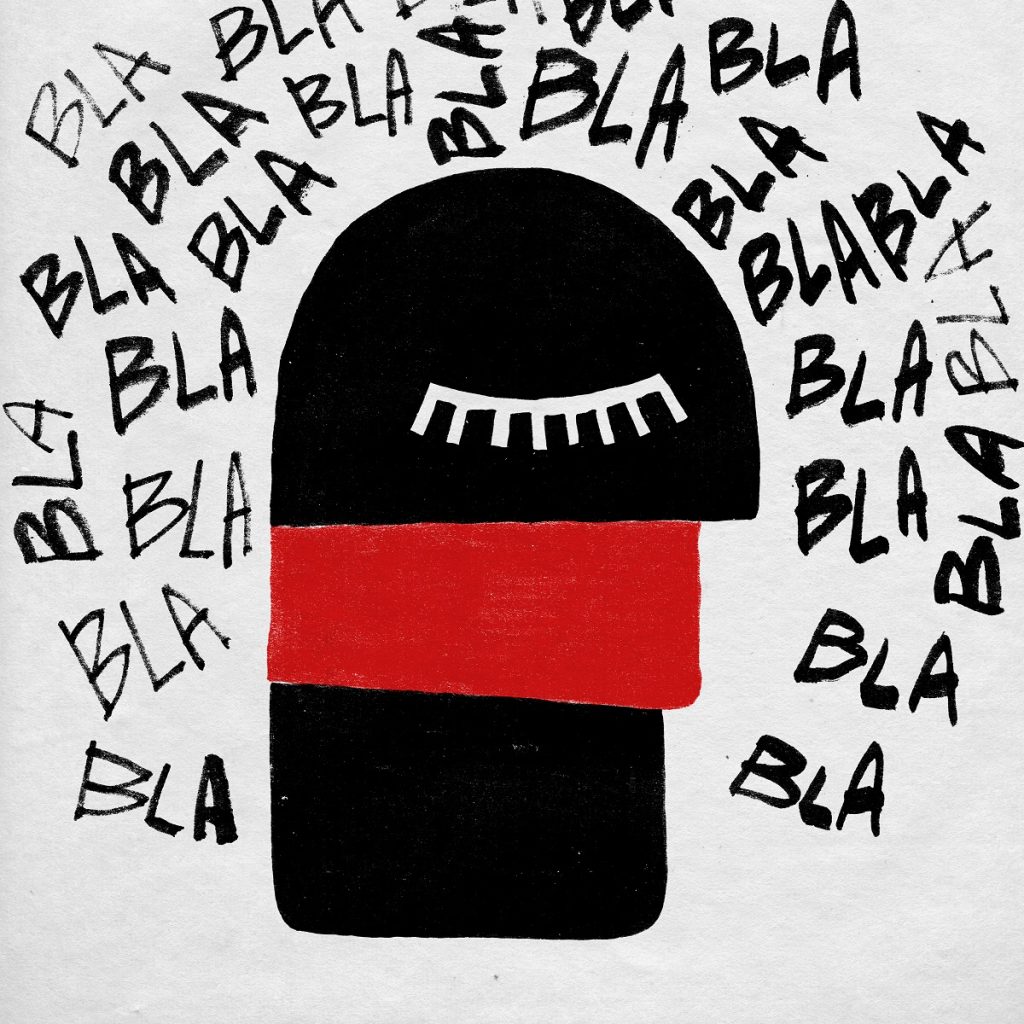
Quote from the Constitution of the Republic of Armenia:
“A person has the right to the protection of his personal data. Personal data should be understood as all information that can be used to identify a person: his passport data, address, phone number, sexual orientation, gender identity, other data related to health and personal life. The collection, storage, use or publication of personal data is allowed only in cases provided for by law, and the illegal distribution of such data entails liability under the law.”
Follow us – Twitter | Facebook | Instagram
Discrimination/violence against LGBT people










